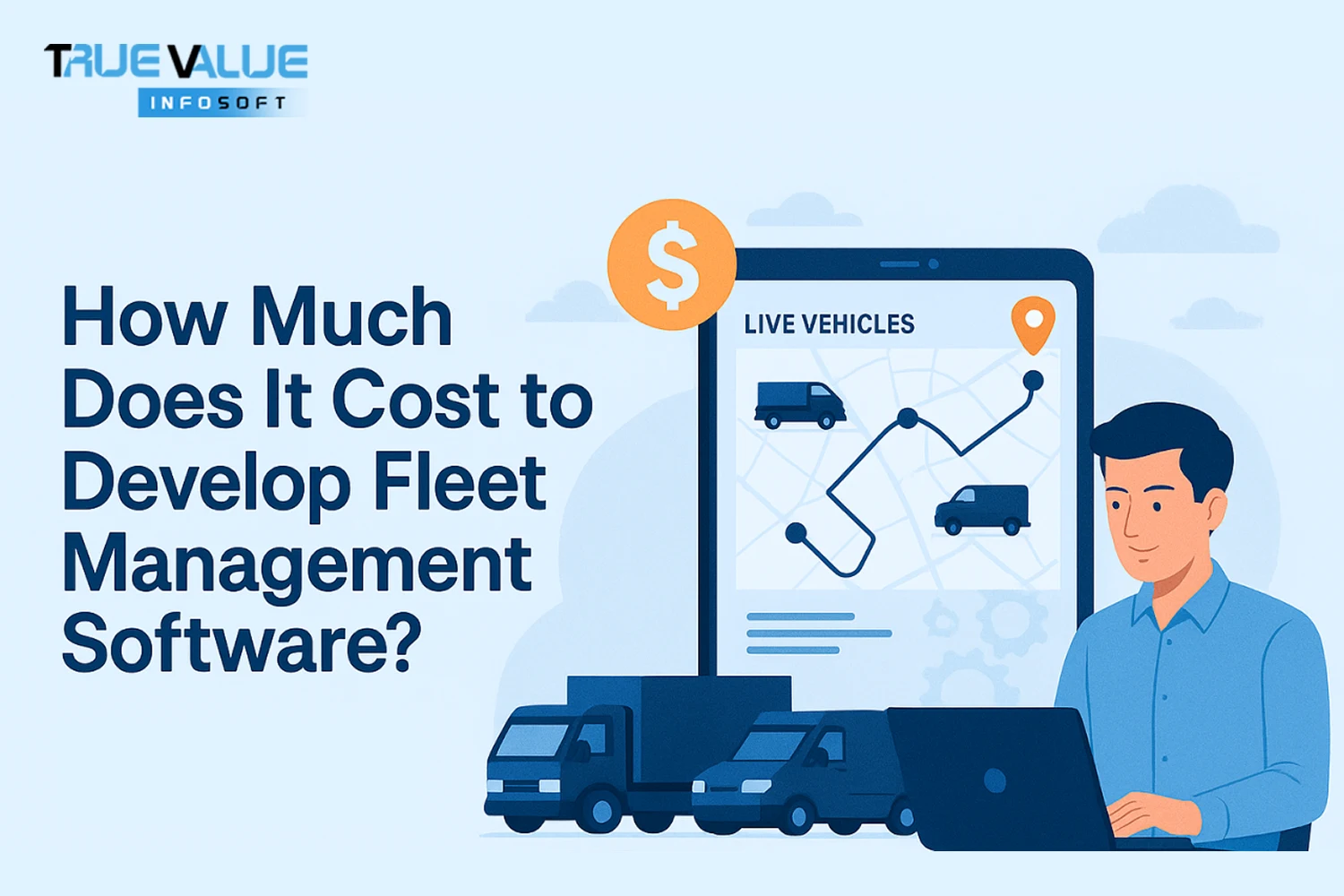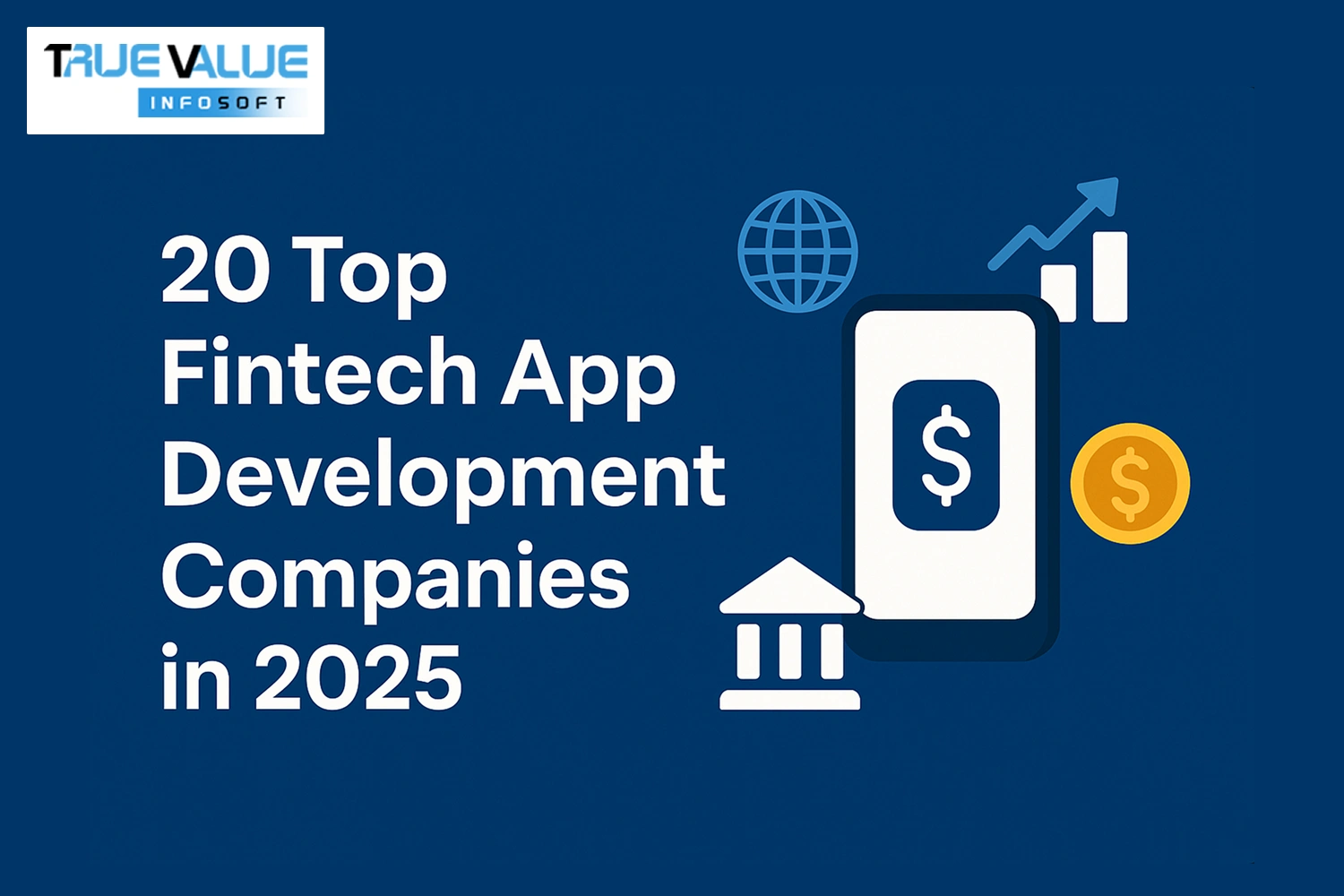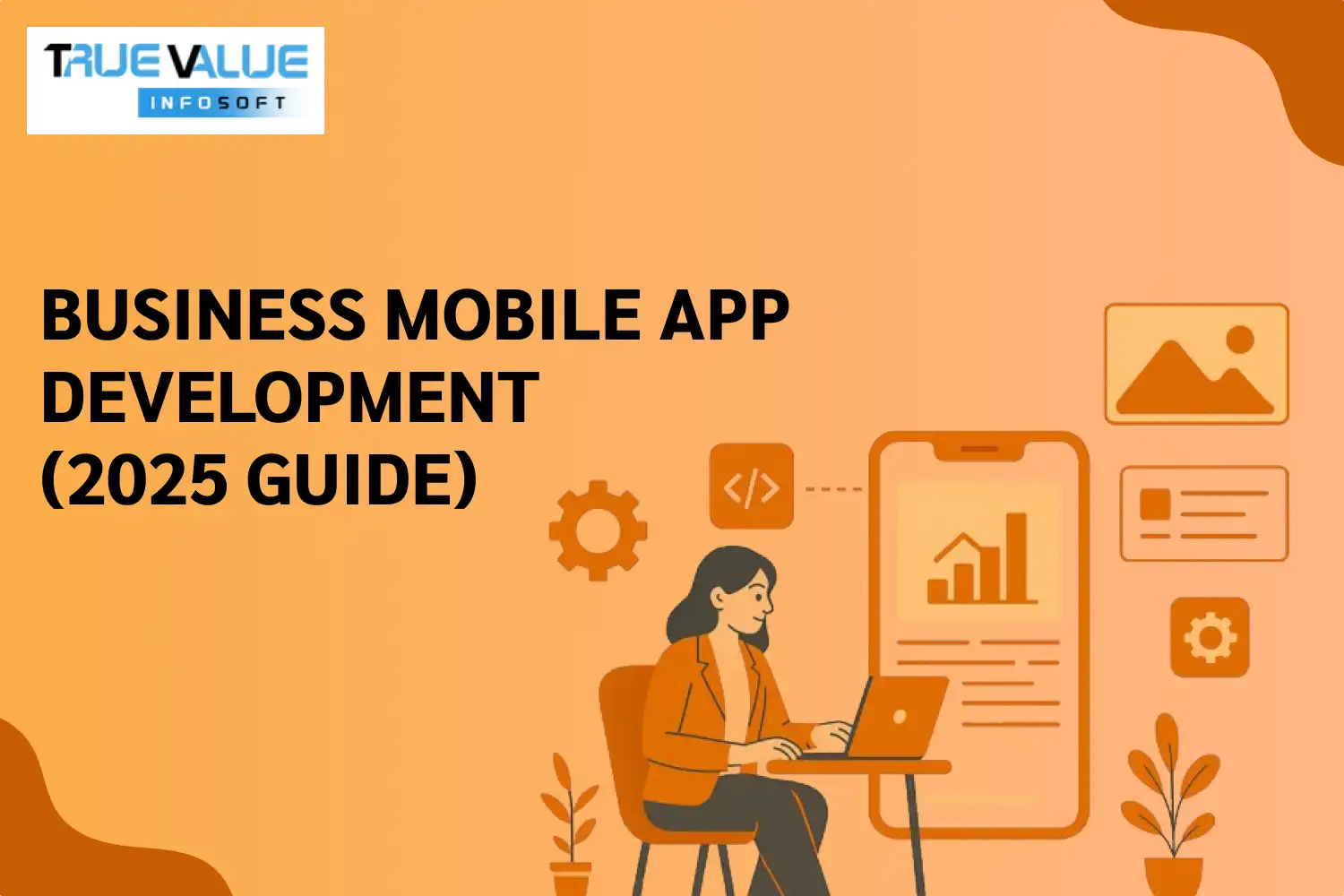Introduction
Are you wondering how much it would cost to develop powerful fleet management software for your logistics or transportation business? If you are a fleet owner or a logistics service provider, you know how important it is to have full control over your vehicles, drivers, routes, fuel, and maintenance. That’s where fleet management software comes in—an advanced digital solution that helps businesses manage and optimize their fleet operations effectively.
With the evolution of technology and the rising demand for real-time tracking and operational efficiency, fleet management software has become an essential tool. However, before you invest in it, one of the most crucial questions you need answered is: "What is the cost to develop fleet management software?"
In this comprehensive blog post, we will explore all the factors influencing the development cost of fleet management software, the features that should be included, the development process, and why True Value Infosoft, the best app development company in India, is your ideal partner for building such a solution.
What Is Fleet Management Software?
Fleet management software is a digital tool that enables businesses to manage a fleet of vehicles efficiently. It integrates technologies such as GPS tracking, telematics, maintenance scheduling, route planning, fuel management, and compliance tracking into a centralized system.
Key Objectives:
- Reduce fuel and maintenance costs
- Optimize route planning
- Improve driver behavior and safety
- Ensure regulatory compliance
- Monitor vehicle performance in real-time
Types of Fleet Management Software
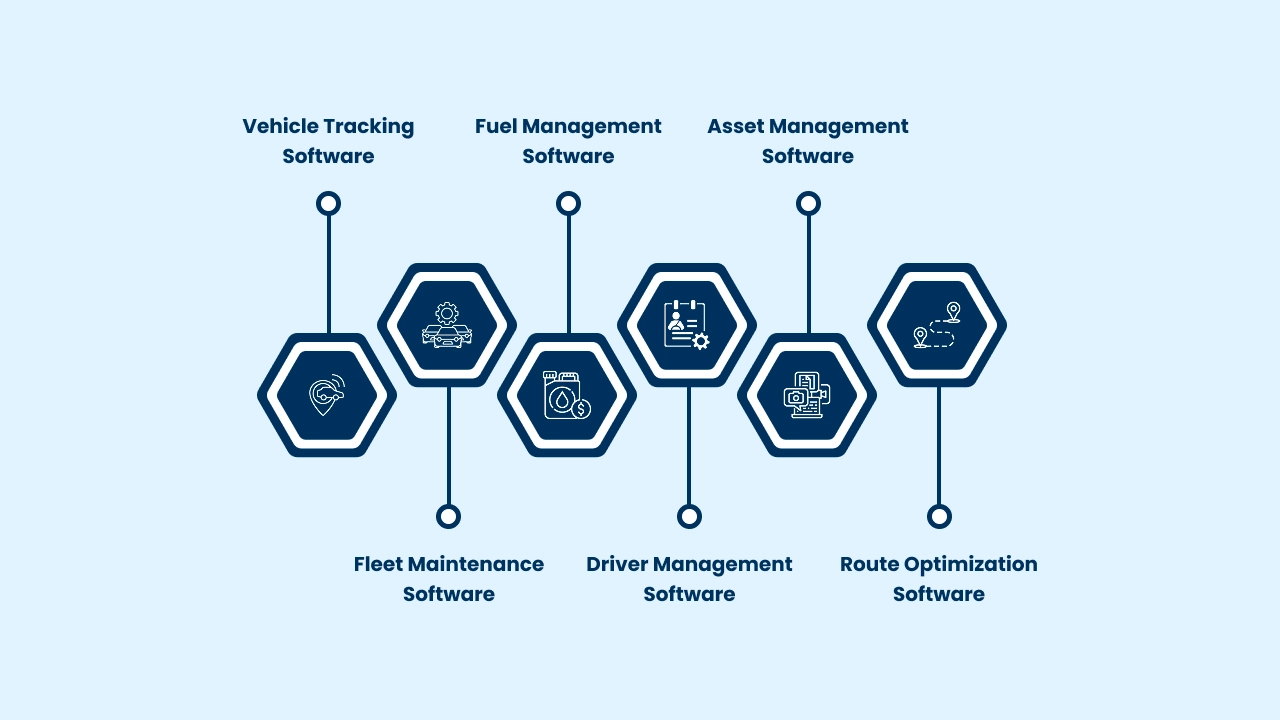
Fleet management software comes in various types, each designed to handle specific aspects of fleet operations. Here are the main types:
- Vehicle Tracking Software: This software uses GPS technology to provide real-time tracking of vehicles. It helps fleet managers monitor routes, driver behavior, and vehicle location, improving security and route optimization.
- Fleet Maintenance Software: This type manages regular vehicle servicing, inspections, and repairs. It schedules maintenance alerts and helps avoid breakdowns, reducing downtime and extending vehicle lifespan.
- Fuel Management Software: Fuel tracking software monitors fuel usage, efficiency, and expenses. It helps identify fuel theft, inefficient routes, or vehicles that consume more fuel, ultimately cutting costs.
- Driver Management Software: This software focuses on driver performance, licensing, training, and compliance. It helps ensure safety standards and regulatory adherence.
- Asset Management Software: It provides data on all fleet assets—vehicles, equipment, and tools. It helps manage asset usage, depreciation, and lifecycle.
- Route Optimization Software: This tool calculates the most efficient delivery or travel routes, reducing fuel consumption, time, and operational costs.
Choosing the right combination of these fleet management software types can significantly enhance operational efficiency, cost-effectiveness, and overall productivity.
Key Features of Fleet Management Software
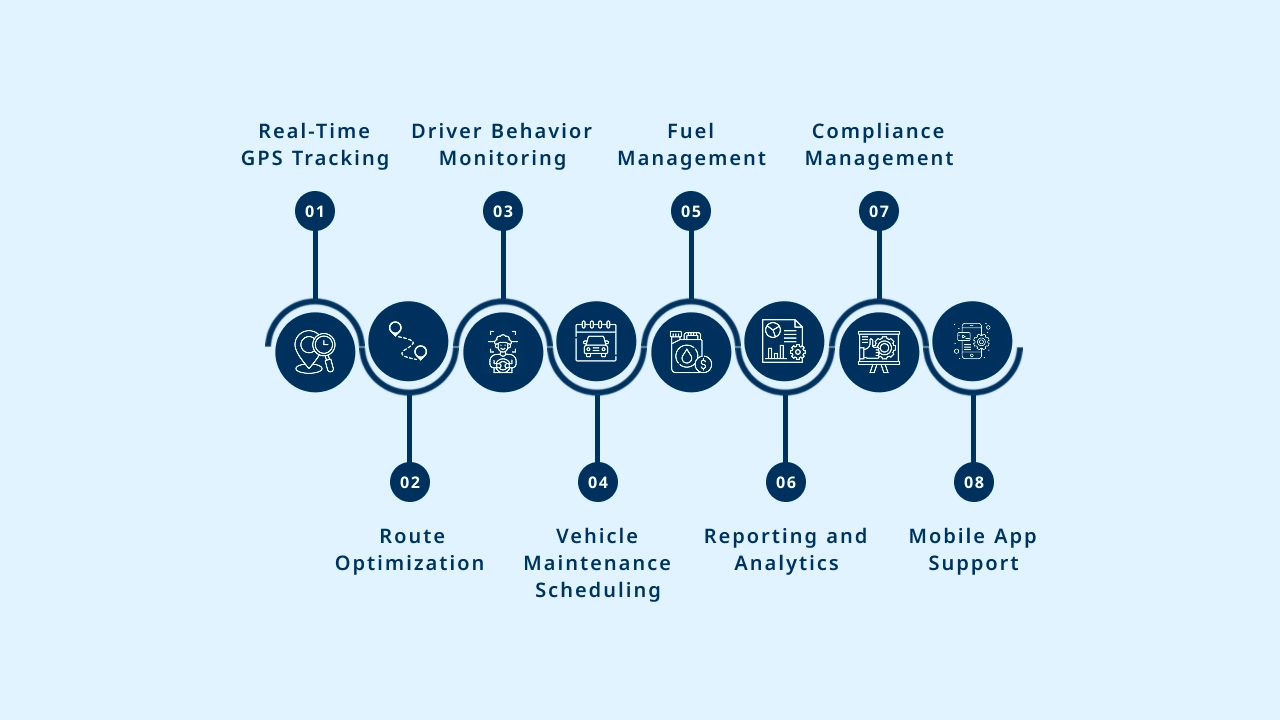
a. Real-Time GPS Tracking
Helps monitor the location of all vehicles on a live map.
b. Route Optimization
Minimizes travel time and fuel consumption using intelligent algorithms.
c. Driver Behavior Monitoring
Tracks speeding, harsh braking, idling time, and driver scorecards.
d. Vehicle Maintenance Scheduling
Automates service reminders and preventive maintenance alerts.
e. Fuel Management
Monitors fuel consumption and detects fuel theft or wastage.
f. Reporting and Analytics
Provides performance insights, logs, and customizable dashboards.
g. Compliance Management
Ensures compliance with government regulations such as ELD (Electronic Logging Device) mandates.
h. Mobile App Support
Allows fleet managers and drivers to access essential features on the go.
Technology Stack Required
The choice of technology stack plays a vital role in development cost:
- Frontend: React Native, Flutter (for mobile apps), Angular/React.js (for web)
- Backend: Node.js, Python, Ruby on Rails, .NET
- Database: PostgreSQL, MySQL, MongoDB
- Cloud Platforms: AWS, Azure, Google Cloud
- GPS & Mapping APIs: Google Maps, Mapbox, HERE Maps
- Telematics Integration: IoT devices and telematics SDKs
Development Process
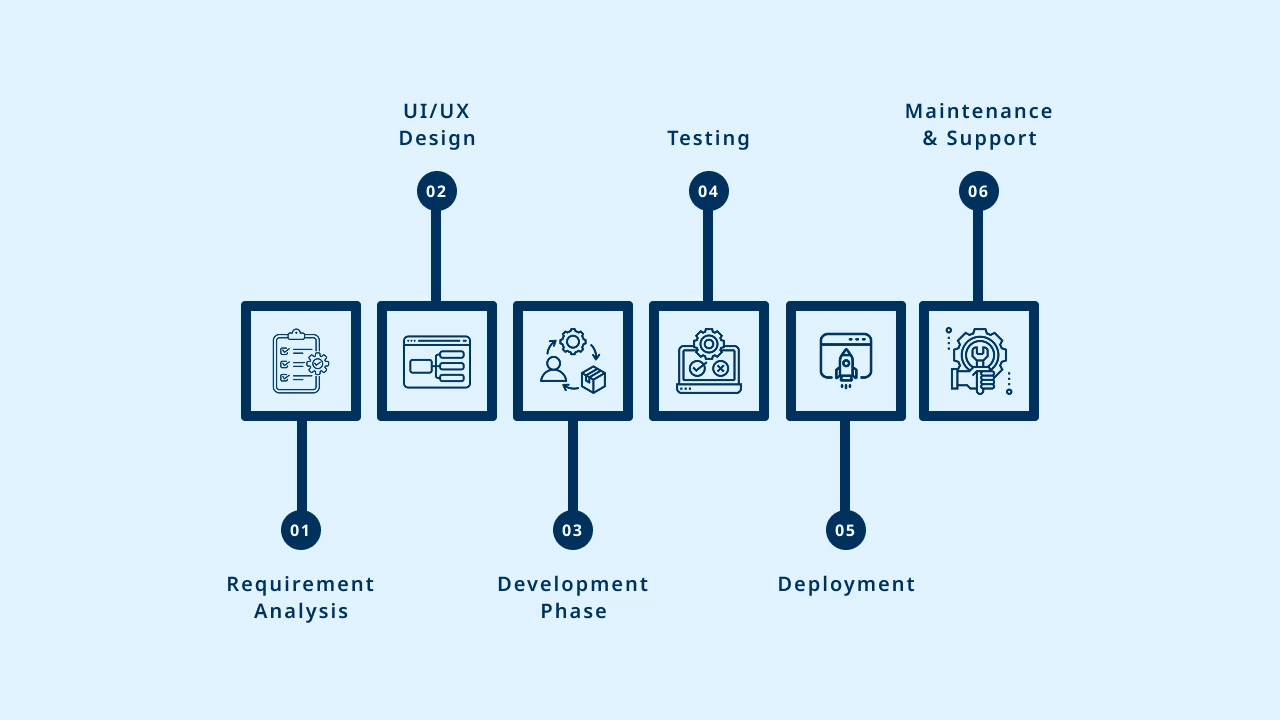
a. Requirement Analysis
Understanding the business goals and defining core functionalities.
b. UI/UX Design
Creating intuitive and responsive interfaces for both web and mobile platforms.
c. Development Phase
Frontend and backend development, database integration, GPS API setup, etc.
d. Testing
Quality assurance, functional testing, and beta testing with sample data.
e. Deployment
Launch on cloud platforms or client’s server.
f. Maintenance & Support
Post-launch updates, bug fixes, and feature upgrades.
Factors Affecting the Cost of Development
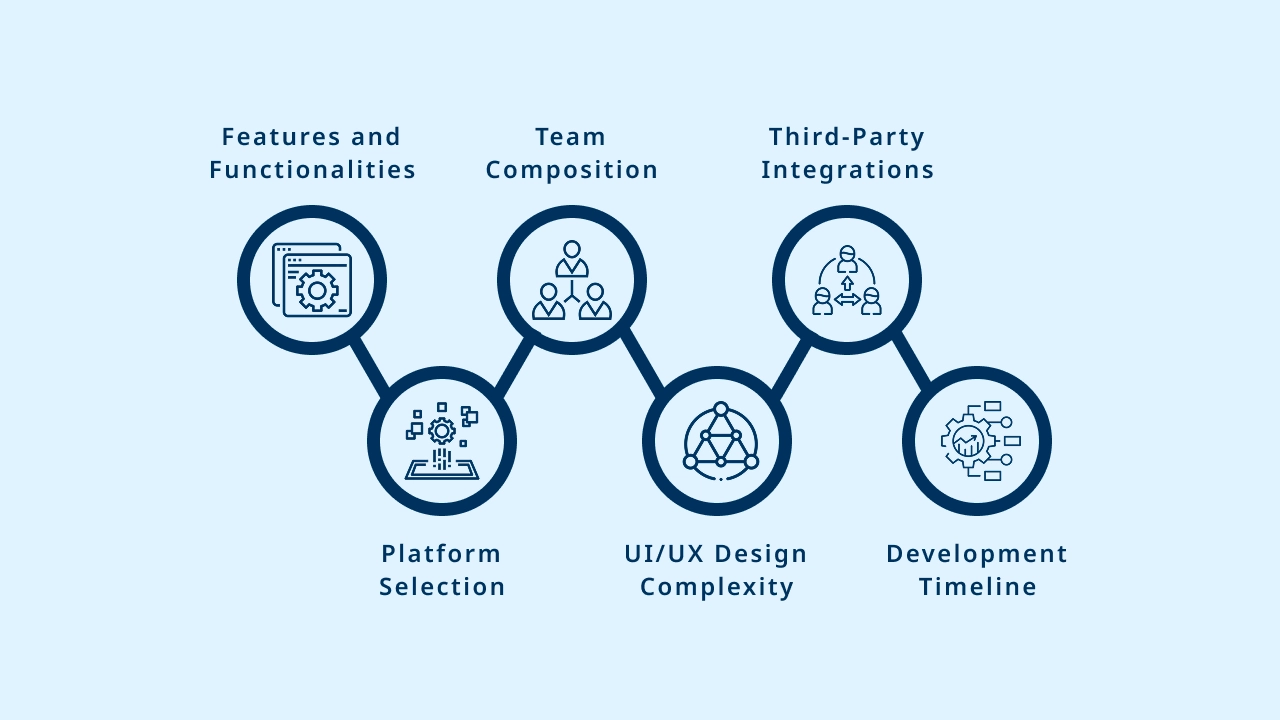
a. Features and Functionalities
More features = higher cost. Real-time tracking, data analytics, etc., add to development complexity.
b. Platform Selection
Web only is cheaper than web + Android + iOS.
c. Team Composition
In-house vs outsourced team. Costs vary by location.
d. UI/UX Design Complexity
Advanced custom designs take more time and effort.
e. Third-Party Integrations
APIs and telematics device integrations may have subscription fees.
f. Development Timeline
Urgent delivery may require a larger team or more hours, increasing cost.
Estimated Cost Breakdown
a. Basic Fleet Management Software:
- Approx. $15,000 to $25,000
- Key features: GPS tracking, basic reports, mobile access
b. Mid-Level Software:
- Approx. $30,000 to $60,000
- Additional features: route optimization, maintenance tracking, driver monitoring
c. Enterprise-Level Custom Software:
- Approx. $70,000 to $150,000+
- Advanced analytics, API integrations, AI-based route prediction, fuel and compliance management
Cost by Region
- India: $20 – $40/hour
- Eastern Europe: $35 – $70/hour
- USA & Canada: $80 – $150/hour
- Western Europe: $60 – $120/hour
Why Choose True Value Infosoft?
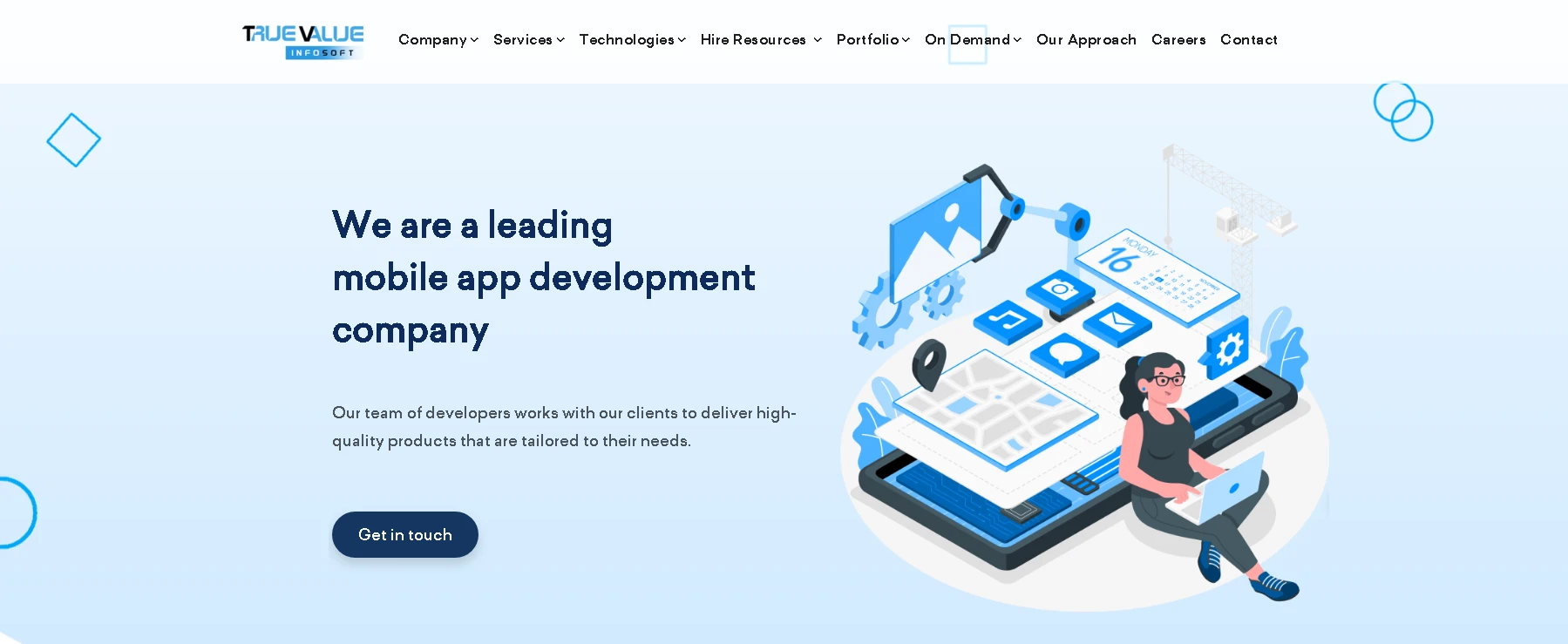
True Value Infosoft is the best app development company in India, known for delivering scalable, secure, and high-performing software solutions tailored to client needs. Here’s why businesses trust us:
- 10+ Years of Industry Experience
- Dedicated Team of Experts in Fleet Management Solutions
- Competitive Pricing & On-Time Delivery
- Full Stack Development & Maintenance Support
- Proven Portfolio of Logistics and Fleet Projects
- Agile Development Methodology
We understand your pain points and build powerful software that enhances operational control, efficiency, and ROI.
Conclusion
Fleet management software is no longer a luxury—it’s a necessity for any transportation, delivery, or logistics business aiming for scalability and efficiency. The cost to develop such software depends on multiple factors including features, complexity, team location, and timeline. While the investment may seem high initially, the long-term savings and operational advantages it brings can be significant.
Partner with True Value Infosoft, the top app development company in India, to build custom fleet management software that aligns with your goals and grows with your business.
FAQs
Typically, 3–6 months for basic to mid-level applications, and 9–12 months for enterprise-level systems.
Yes, most modern solutions can integrate IoT-based telematics devices for real-time data collection.
If you have specific needs and scalability plans, custom software is the better choice. SaaS works well for basic requirements.
Logistics, transportation, food delivery, field service, emergency services, and construction companies can benefit greatly.
Yes. True Value Infosoft offers full-cycle development including post-launch maintenance, support, and feature upgrades.
